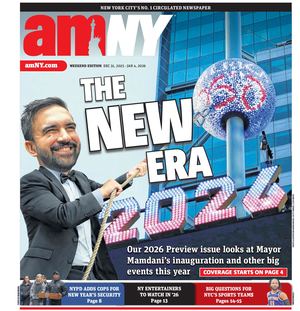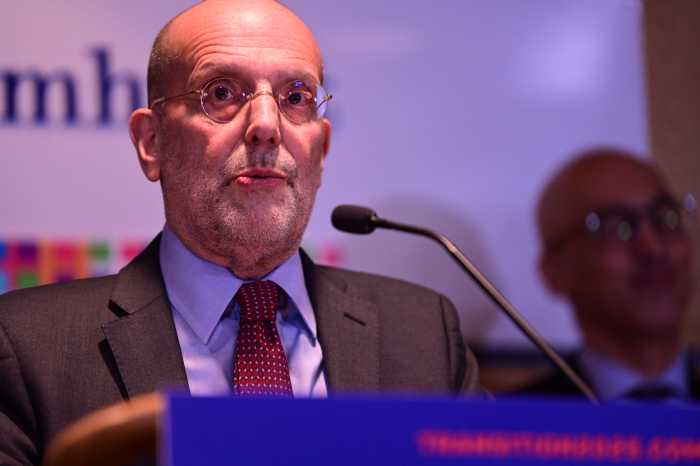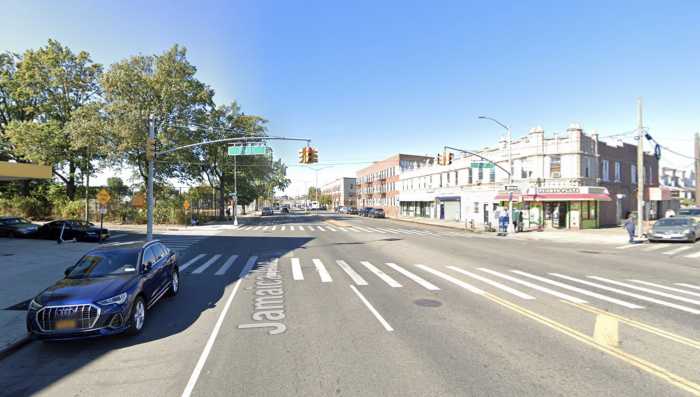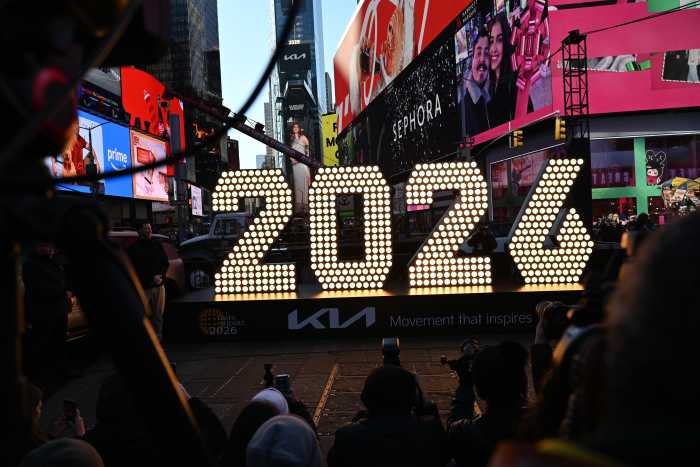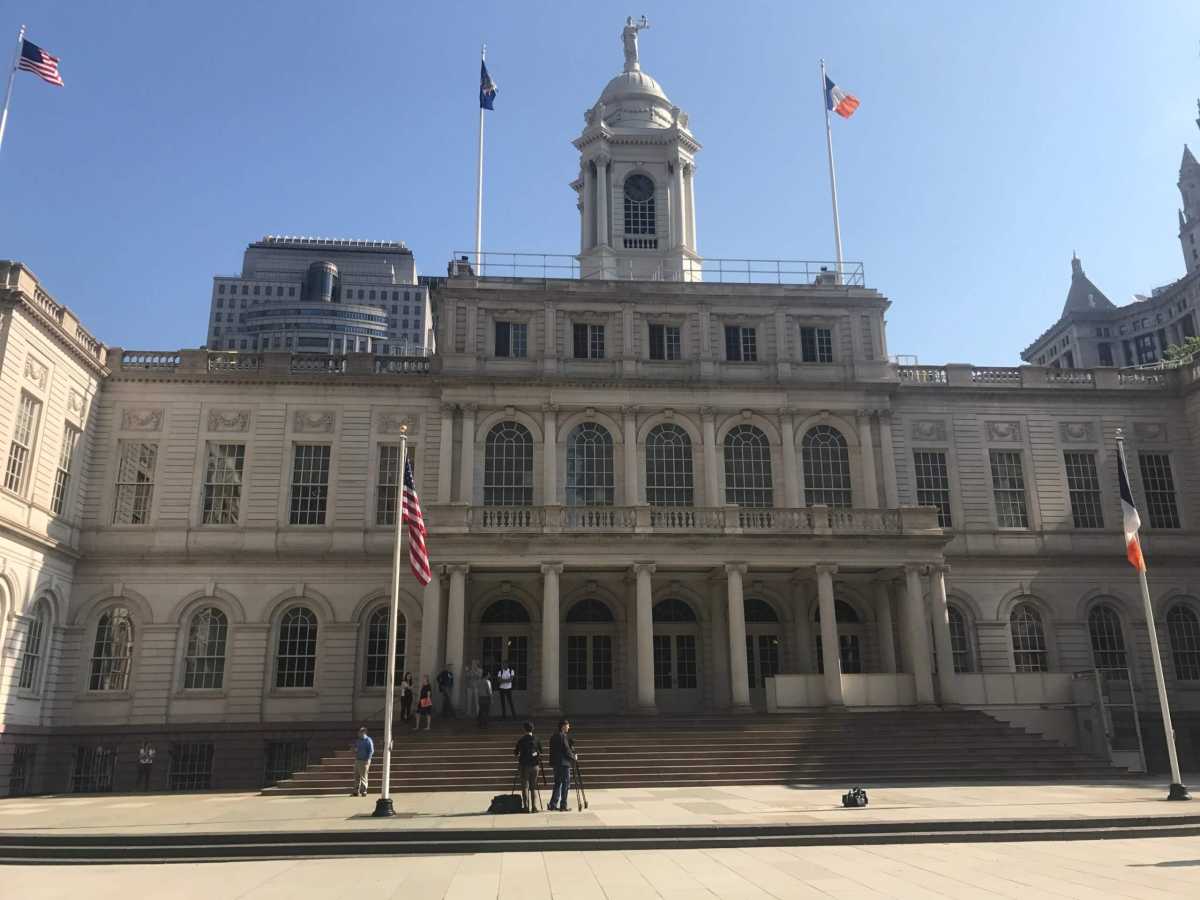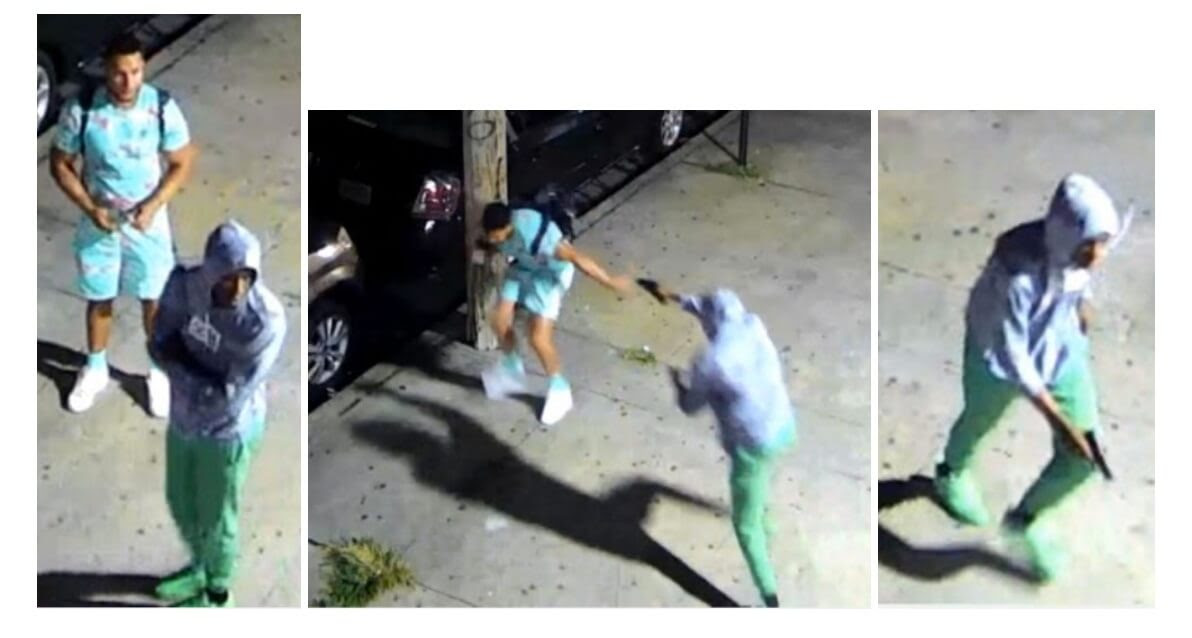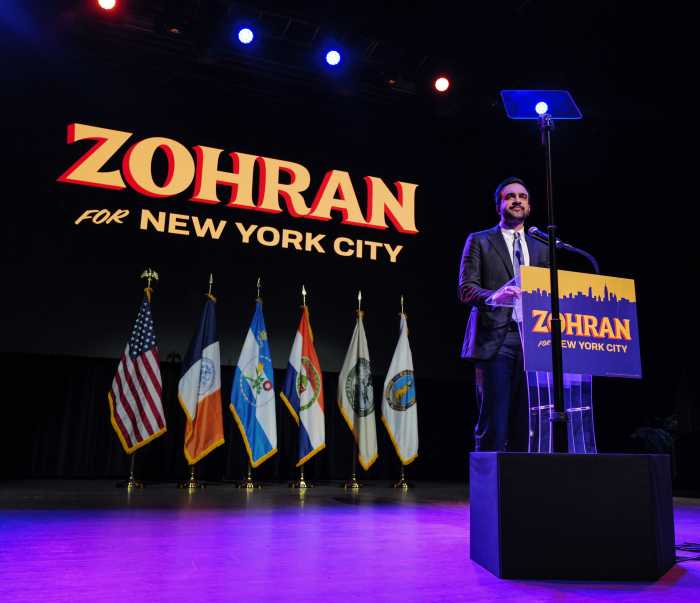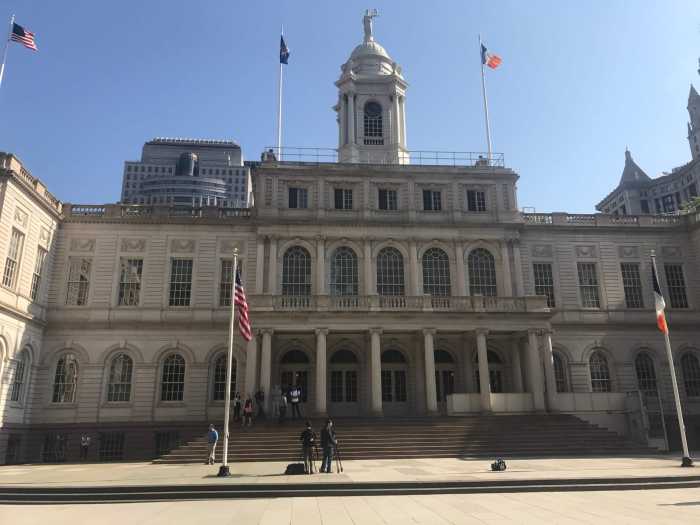Three religious nonprofits released the findings of a study Monday on poverty in New York City and put forward a list of recommendations that they say would reduce rates by as much as 69%.
The study by the Federation of Protestant Welfare Agencies (FPWA), Catholic Charities of the Archdiocese of New York, and UJA-Federation of New York analyzed the impact that assistant programs have in giving the one-in-five residents who are in poverty a chance to change the condition.
Initiatives, like a higher minimum wage, increased tax help and more transitional jobs, have already been implemented and with more funding they can go a long way, according to the nonprofits.
“We’re always asking for full implementation,” Elana Broitman, UJA’s senior vice president, said of assistance services. “Government wants less poverty, philanthropy wants less poverty, and this gives the data to back up the argument.”
The 90-page study, which was sent to both Gov. Andrew Cuomo and Mayor Bill de Blasio, pitched several ideas. The groups said promoting transitional jobs to underprivileged New Yorkers, such as formerly incarcerated persons, younger people and those with lower educational experience, has tremendous benefits.
“We look at that as opportunity for them to enter the workforce that provides them with a way to get soft skills and bolster their way to gain long-term employment down the line,” said Catholic Charities spokesman Paul Costiglio.
The report also said that tax credits for senior citizens and persons with disabilities would reduce poverty by more than 25%. The nonprofits also pushed raising the minimum wage from $8.75 an hour to $13 an hour.
Both Cuomo and de Blasio have advocated for a higher minimum wage in their respective agendas.
“What we think this report will do is accelerate and promote the conversation,” said FPWA CEO Jennifer Jones Austin.A spokeswoman for the governor’s office said it is reviewing the report. Steven Banks, the commissioner of the city’s Human Resource Administration, said the mayor’s fight against poverty is a high priority.
“”This report’s emphasis on jobs is consistent with the mayor’s task force on jobs and with reforms at HRA aimed at moving clients into programs that give them the skills they need to obtain jobs,” he said in a statement.
Johnathan Bowles of the Center for an Urban Future hailed the report for showcasing the benefits of the combined wage protection policies and support for low income families. He added that although the mayor’s office has made strides in implementing similar initiatives, like universal pre-K and affordable housing plans, the state and federal government need to step up.
“That’s the question: How do we pay for all this? It should come from all these [levels of government],” he said.
